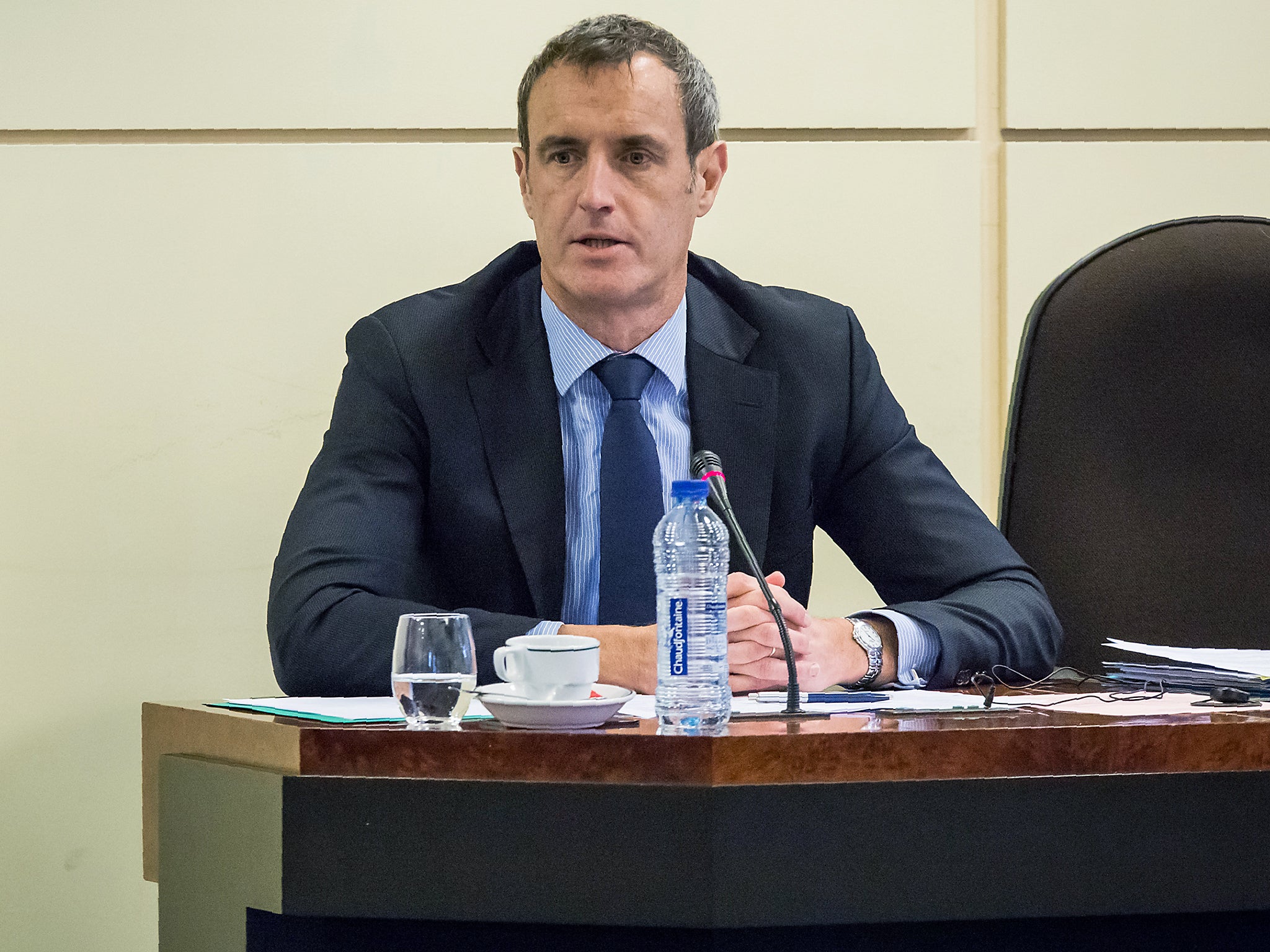NHS cyber attack: Ransomware hits 200,000 victims in at least 150 countries, says Europol director
Threat from cyber attack 'will continue to grow' as people return to work on Monday, Europol head warns

The WannaCry cyber attack hit 200,000 victims – including the NHS – in at least 150 countries, the head of the European Union's police agency said.
“We are in the face of an escalating threat,” Europol Director Rob Wainwright told ITV’s Peston on Sunday programme, adding he feared the number would grow when people return to work on Monday.
He said what was unique about the attack was that the ransomware was used in combination with a “worm functionality”, so the infection spread automatically.
“The global reach is unprecedented. The latest count is more than 200,000 victims in at least 150 countries, and those victims, many of those will be businesses, including large corporations,” he said.
“At the moment, we are in the face of an escalating threat. The numbers are going up, I am worried about how the numbers will continue to grow when people go to work and turn [on] their machines on Monday morning.”
Organisations across the globe, including investigators from the National Crime Agency (NCA), are now working non-stop to hunt down those responsible for the ransomware.
The spread of the virus dubbed WannaCry – ransomware that locked up more than 100,000 computers – had slowed, cybersecurity experts said, but they warned that the respite may be brief.
New versions of the worm were expected, and the extent of the damage from Friday’s attack was still unclear.
Microsoft released patches last month and on Friday to fix a vulnerability that allowed the worm to spread across networks, a rare and powerful feature that caused infections to surge on Friday.
Meanwhile health authorities are racing to upgrade security software amid fears hackers could exploit the same vulnerability with a new virus.
There have been calls for an inquiry into the circumstances surrounding Friday’s major incident, with the Government and Health Secretary Jeremy Hunt accused of ignoring “extensive warning signs”, which could have prevented the unprecedented cyber attack from plunging the NHS into chaos.
A number of hospitals in England and Scotland were forced to cancel procedures after dozens of NHS systems were brought down in Friday’s attack.
Medical staff reported seeing computers go down “one by one” as the attack took hold, locking machines and demanding money to release the data.
Around a fifth of trusts were hit amid concerns networks were left vulnerable because they were still using outdated Windows XP software.
Among those affected by the virus was Nissan UK, but the car manufacturer said there had been no major impact.
Additional reporting by agencies
